“Stuart’s lyrics were real, they were black and white, he knew what he was singing about,” explains Big Country guitarist Bruce Watson.
He’s talking about the band’s classic 1984 second album Steeltown, which they’re currently giving the 40th anniversary tour treatment, and the late Stuart Adamson’s lyrical themes.
“It sounds almost cliched now, but Thatcher was in and we had the miner’s strike,” continues Watson.
“That was very close to our hearts because our fathers were miners, and you had the Falklands going on, that whole early ‘80s thing.
“On the album before, The Crossing, Stuart’s lyrics were very romantic and sometimes a bit abstract, but with Steeltown he knew what he was singing about.
“It was there in black and white, a very hard, dense album.”
What are Bruce Watson’s memories of recording Big Country’s Steeltown?
Despite this backdrop, the album was recorded in pleasant circumstances.
After writing and rehearsing for a few weeks in Edinburgh, the band went to Abba’s studio in Stockholm with producer Steve Lillywhite.
“Benny and Bjorn very kindly gave us their studio for six weeks, which was absolutely fantastic, a great experience,” says Watson.
“They were upstairs writing the Chess musical with Tim Rice and we were downstairs in the big room, and we got together at dinnertime and had a laugh.
“It was a different vibe, a real European vibe. I don’t think we would have made the same album if we were in the English countryside.”
Although Steeltown was Big Country’s first and only number one album in the UK, it didn’t share the success enjoyed by either its predecessor or the 1986 follow-up The Seer in the United States, which respectively contained the huge hit singles In a Big Country and Look Away.
Why did Big Country album Steeltown not do well in USA?
“It didn’t do anything in America probably because it was so black and white, and so based on what was happening in the UK,” says Watson.
“I don’t think the Americans would have got a lot of what we were singing about, and I don’t mean that in a bad way.
“It was just that it was almost like a documentary or a movie of what was happening in real-time in the UK.
“The American label were probably going, ‘what’s this all about? It’s all doom and gloom!’
“You know, if you have success with one album, the label automatically wants you to repeat that, to do it almost verbatim, which most people in bands don’t like doing because, well, why would you do that?
“This album was quite far removed from what we did with The Crossing, and I think people had to get used to it, it wasn’t instant.
“Whereas with The Crossing, Stuart had just come out of the Skids, people were familiar with his guitar style, and the early Big Country stuff was like a continuation of the Skids.
“Then that changed with Steeltown and people had to get their ears around it, but sometimes when something’s not as instantaneous it’s got more longevity.”
How are Big Country fans responding to Steeltown 40th anniversary tour?
While we take this trip down memory lane, Watson is waiting to soundcheck in Carlisle ahead of a gig there.
The response to these songs has been great, he says, and he believes Big Country’s audience numbers have increased.
“I’m not a business person, so I don’t know,” he says, “but every night we’re doing big venues and selling them out, and people are enjoying it and shouting for more.
“There’s still a connection there, and even though I’m the only original member left, to me the songs are the stars. People want to hear them.”
His status as the final remaining ‘classic line-up’ member of Big Country is a recent one, with long-serving drummer Mark Brzezicki leaving to pursue other projects just last month.
Bassist Tony Butler last played with the band in 2012, while Adamson died in 2001.
“It can be tough going out and doing it without Stuart, but then again, it was tough going out and doing it with the principal original members as well,” says Watson.
“What I tend to try and do is not hire people that are session players, because it’s almost like they’re just doing it as a job.
“People have to be emotionally invested in the band – as in they’re great musicians, but they’re fans of the band and they’re very sympathetic to Big Country’s songs.
“On stage they don’t play them, they have to perform them.
“That’s the attitude I’ve got. It’s not just playing these songs by numbers, where you go away, learn them and that’s it.
“You’ve got to give it more than a hundred and fifty percent every night or you ain’t doing it.”
What’s in the pipeline for 2025?
After this tour is over, there’ll be lots more to keep him busy in 2025.
A book about Big Country is in the works, as well as a film about Adamson, while Watson is also involved with a theatrical version of the film Restless Natives, which Big Country scored, that’s coming to Perth Theatre.
Other than that, Watson hopes to get to Australia and possibly America on tour, but Dunfermline remains his home.
“Most of my adult life I’ve been traveling, so it’s good to have that home base, I’ve never felt the need to move,” he says.
“Plus I like it. PJ Molloy’s is an established gig now, it’s run by a great guy called Calum Miller.
“There’s always been a great music scene in Dunfermline, even from the technical people at the Sub Station (in Rosyth) to Liam at Loopmaniac studios, Kenny’s Music and all these people that support the bands.
“They never seem to get a mention – so I’m mentioning them now.”
Perth Concert Hall Big Country tickets
Big Country play Perth Concert Hall on Friday November 22.
See bigcountry.co.uk for tickets and details.
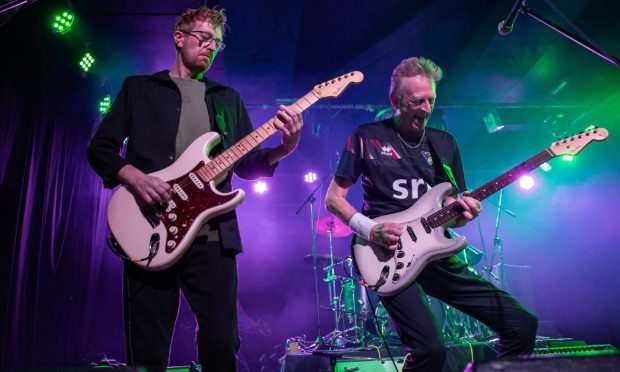
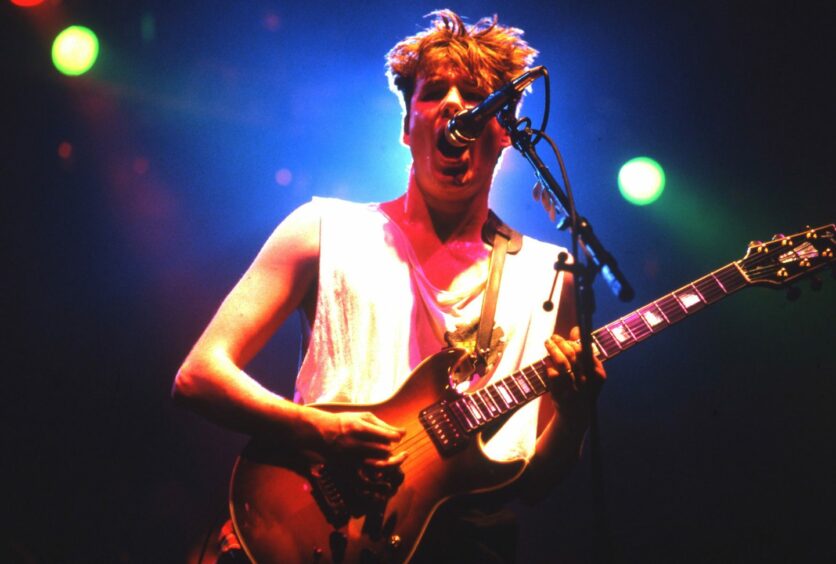

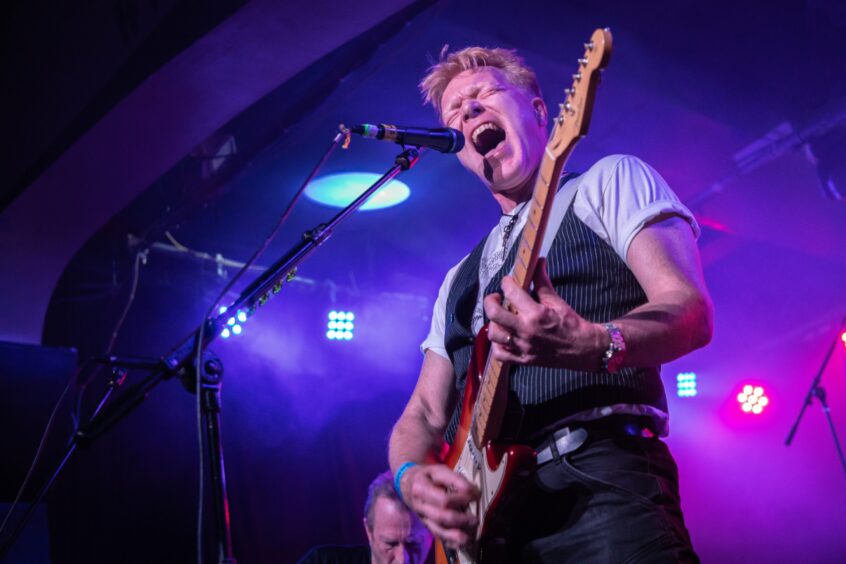
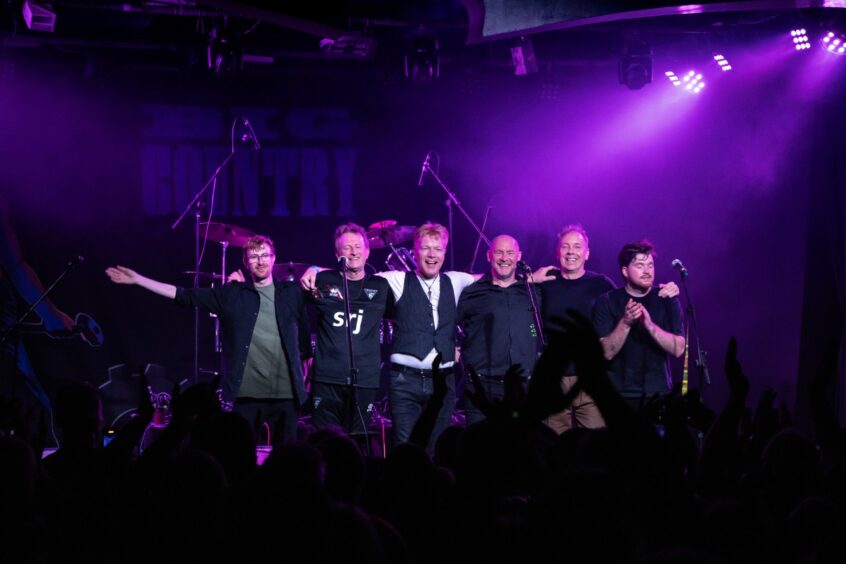
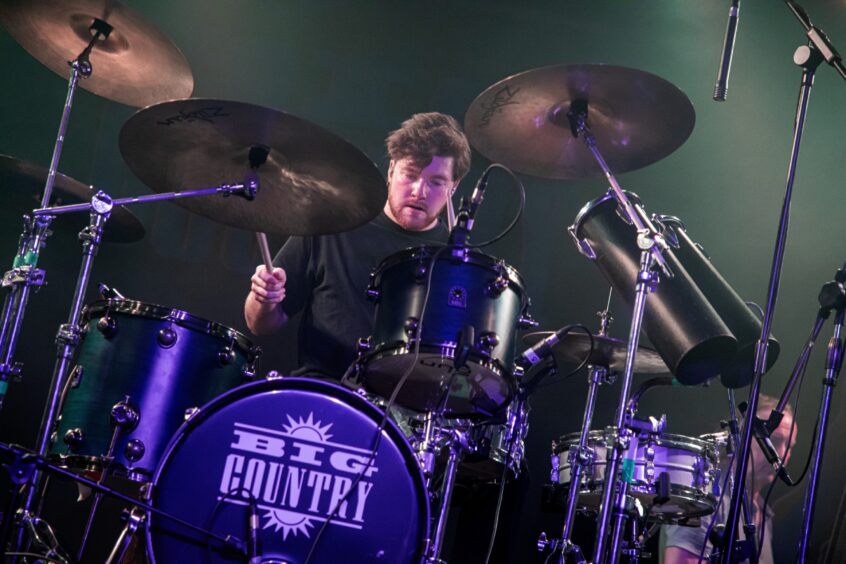
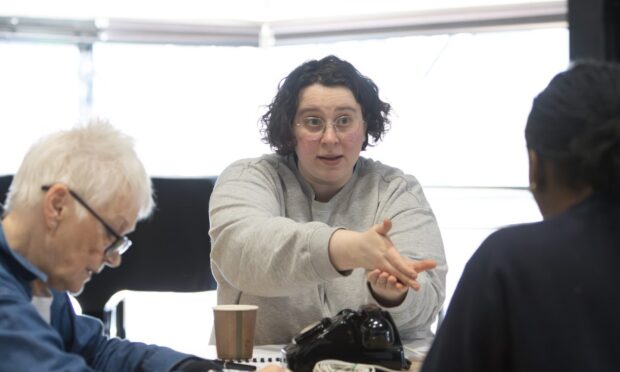
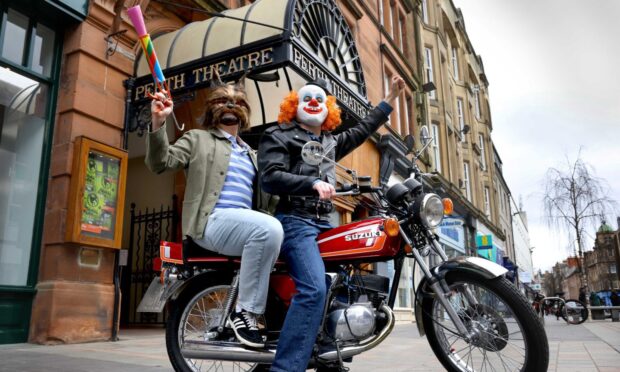


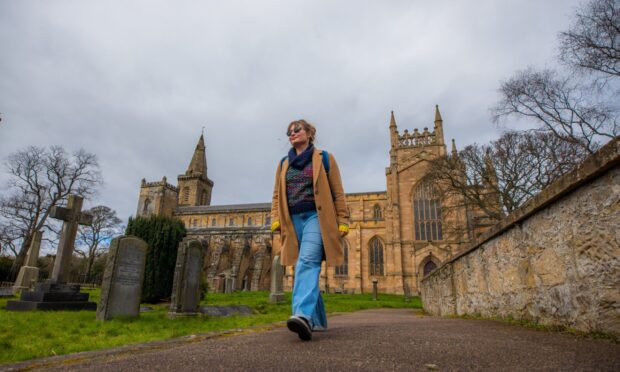
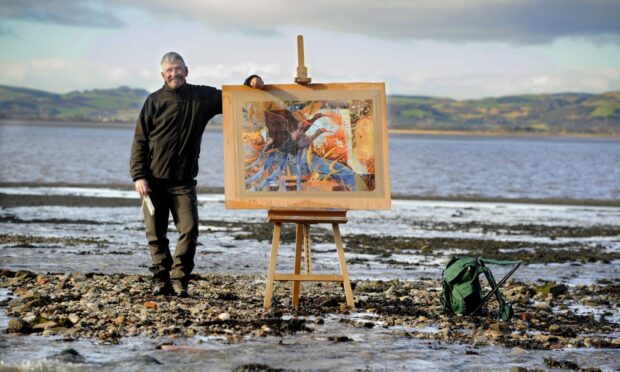

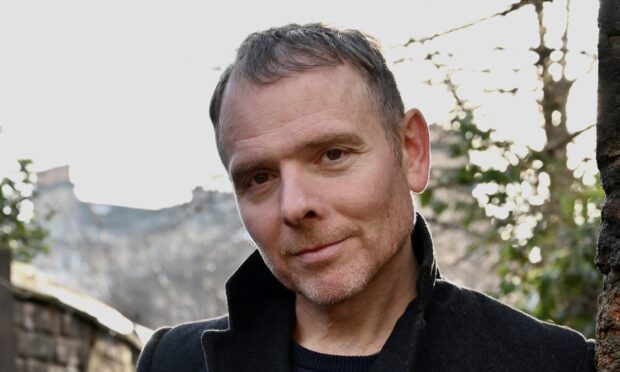
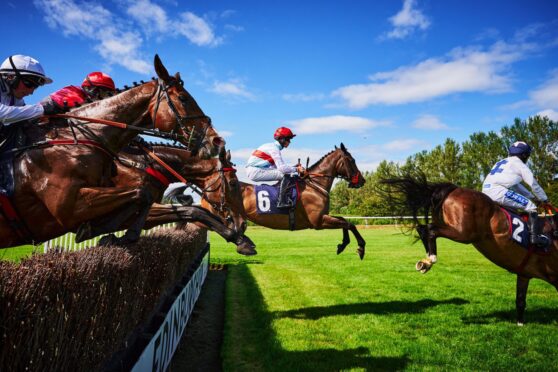

Conversation